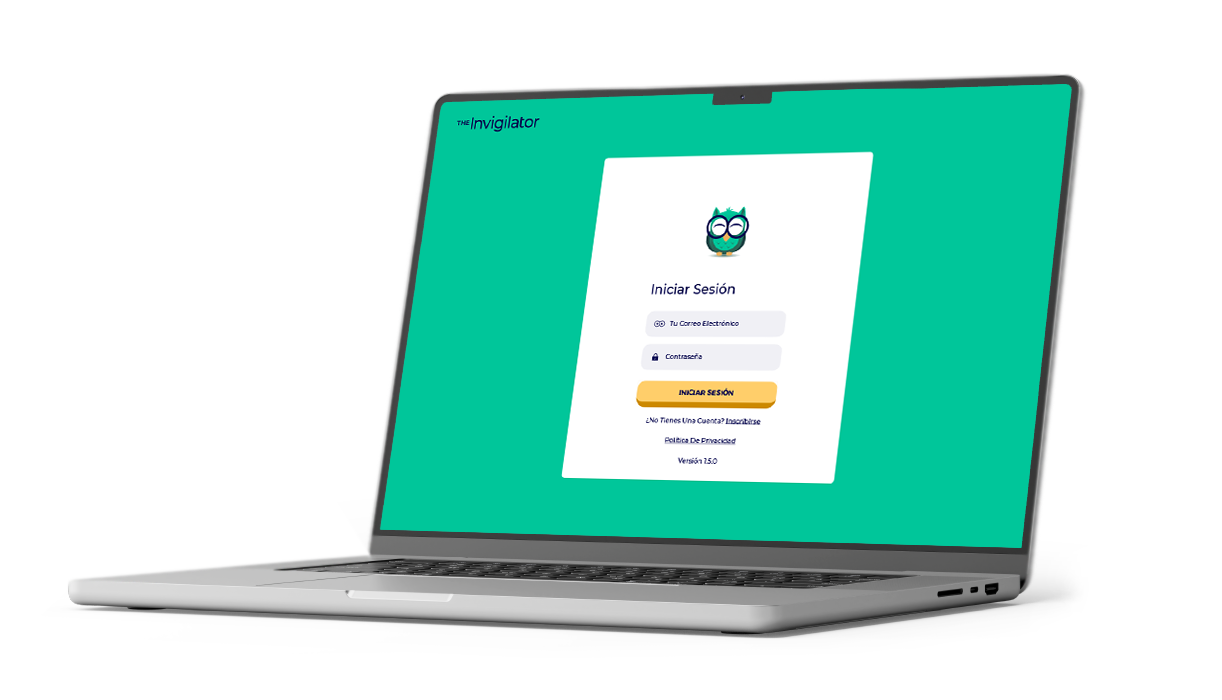In recent years, artificial intelligence (AI) and machine learning have emerged as transformative forces in education, particularly in the realm of exam proctoring. As the shift towards online learning accelerates, the demand for secure, efficient, and scalable exam monitoring solutions has grown exponentially. AI proctoring tools, powered by machine learning algorithms, offer a revolutionary way to maintain academic integrity in remote settings. This article explores the pivotal role of AI and machine learning in shaping the future of exam proctoring, highlighting their impact on secure online exams and the broader educational landscape.
1. The Need for AI in Exam Proctoring
Traditional exam proctoring methods, involving physical invigilators, are no longer sufficient in the era of remote and online learning. With students taking exams from various locations, maintaining exam integrity has become a significant challenge. This is where AI proctoring tools come into play, offering an automated and scalable solution to monitor exams in real-time.
Key Challenges Addressed by AI Proctoring Tools:
- Cheating Prevention: AI can detect and flag suspicious activities, such as unauthorised devices or multiple individuals in the room.
- Identity Verification: Ensures the right student is taking the exam through facial recognition or other biometric methods.
- Efficient Monitoring: Reduces the need for human invigilators, enabling institutions to conduct large-scale exams securely.
2. How Machine Learning Enhances Proctoring Capabilities
Machine learning, a subset of AI, involves training algorithms to learn from data and improve over time. In the context of exam proctoring, machine learning enables systems to analyse vast amounts of data and identify patterns indicative of cheating or other irregularities.
Applications of Machine Learning in Proctoring:
- Behaviour Analysis: Machine learning algorithms can monitor and analyse student behaviour, such as eye movement, posture, and facial expressions, to detect signs of dishonesty.
- Anomaly Detection: Identifies unusual patterns in exam behaviour, such as frequent switching between screens or prolonged periods of inactivity.
- Continuous Improvement: Machine learning models improve with each exam session, becoming more accurate in identifying potential issues over time.
By leveraging machine learning, proctoring systems become smarter and more reliable, ensuring a higher level of exam security.
3. Benefits of AI-Powered Proctoring Solutions
AI and machine learning bring numerous advantages to the field of exam proctoring, benefiting both educational institutions and students.
1. Enhanced Security and Integrity: AI proctoring tools offer robust security measures, ensuring that exams are conducted fairly and without compromise. These systems can detect even subtle signs of cheating, preserving the credibility of academic credentials.
2. Scalability and Efficiency: With AI, institutions can proctor thousands of exams simultaneously without the need for a proportional increase in human resources. This scalability makes it possible to conduct exams for large student populations efficiently.
3. Improved Student Experience: AI-based proctoring provides students with the flexibility to take exams from their preferred locations while maintaining the same level of security as in-person exams. Additionally, these tools offer a non-intrusive monitoring experience, reducing the stress associated with traditional proctoring methods.
4. Cost-Effectiveness: Automating the proctoring process reduces the costs associated with hiring and training human invigilators, as well as the logistical expenses of setting up physical exam centres.
4. Addressing Concerns About AI Proctoring
While AI-powered proctoring solutions offer significant benefits, they also raise concerns that institutions must address to ensure successful implementation.
1. Data Privacy and Security: Proctoring tools collect sensitive data, including video recordings and biometric information. Ensuring the privacy and security of this data is critical. Institutions must choose proctoring solutions that comply with data protection regulations, such as the General Data Protection Regulation (GDPR).
2. Bias in AI Algorithms: AI algorithms can sometimes exhibit bias, leading to false positives or false negatives in proctoring. For example, facial recognition technology may struggle to accurately identify individuals from diverse demographic backgrounds. To mitigate this, institutions should use AI systems that have been rigorously tested and validated for fairness.
3. Accessibility and Inclusivity: Not all students have access to the technology required for AI proctoring, such as high-speed internet or compatible devices. Institutions must ensure that their proctoring solutions are accessible to all students and provide alternatives where necessary.
5. The Future of AI and Machine Learning in Exam Proctoring
As AI and machine learning technologies continue to evolve, their applications in exam proctoring are expected to expand and become more sophisticated. Below are some trends and predictions for the future:
1. Real-Time Feedback and Interventions: Future AI proctoring systems may offer real-time feedback to students, alerting them to potential violations and allowing them to correct their behaviour during the exam. This not only prevents unintentional cheating but also helps students stay focused.
2. Personalised Exam Environments: Machine learning could enable the creation of personalised exam environments tailored to individual student needs. For example, students with disabilities could receive customised proctoring setups that accommodate their specific requirements.
3. Integration with Blockchain Technology: Blockchain could be used to enhance the transparency and security of exam records. Proctoring systems could store exam data on a blockchain, creating tamper-proof records that are easily verifiable.
4. Predictive Analytics for Exam Preparation: Machine learning could be used to analyse past performance data and predict areas where students might struggle, allowing educators to provide targeted support before the exam.
AI and machine learning are revolutionising the field of exam proctoring, offering innovative solutions that enhance security, scalability, and efficiency. As educational institutions continue to embrace online learning, the need for robust proctoring tools will only grow. By leveraging AI and machine learning, institutions can ensure the integrity of their exams while providing a flexible and accessible experience for students.
The Invigilator App is at the forefront of this transformation, offering cutting-edge AI proctoring tools that meet the demands of modern education. Whether you’re looking to enhance exam security or streamline your assessment process, our solutions are designed to help you achieve your goals.
Ready to take your online exams to the next level? Contact The Invigilator App today to learn how our AI-powered proctoring solutions can support your institution. Visit our Contact Page to get started.
FAQs and Answers
- What is the role of AI in exam proctoring?
AI in exam proctoring automates the monitoring process, ensuring exam integrity by detecting cheating, verifying identities, and analysing student behaviour in real-time. - How does machine learning enhance exam proctoring?
Machine learning analyses vast amounts of data to identify patterns, detect anomalies, and continuously improve proctoring accuracy over time. - What are the key challenges addressed by AI proctoring tools?
AI proctoring tools address cheating prevention, identity verification, and efficient monitoring, ensuring a fair and secure exam environment. - What are the benefits of AI-powered proctoring solutions?
These solutions offer enhanced security, scalability, improved student experience, and cost-effectiveness for institutions and learners. - How do AI proctoring tools handle data privacy?
AI proctoring tools comply with data protection regulations, such as GDPR, and use encryption to safeguard sensitive data collected during exams. - What are some potential biases in AI algorithms for proctoring?
AI algorithms may sometimes struggle with facial recognition for diverse demographics, leading to false positives or negatives, which institutions should mitigate. - How can machine learning personalise exam environments?
Machine learning can create tailored exam setups, such as accommodating students with disabilities, ensuring inclusivity in assessments. - What is the future of real-time feedback in AI proctoring?
AI systems may soon provide real-time alerts to students, preventing unintentional cheating and enhancing focus during exams. - Can blockchain technology be integrated with AI proctoring?
Yes, blockchain can enhance transparency and security by creating tamper-proof exam records and verifiable credentials. - Why is accessibility important in AI-powered exam proctoring?
Accessibility ensures that all students, regardless of technological limitations, can participate fairly in secure online exams.









